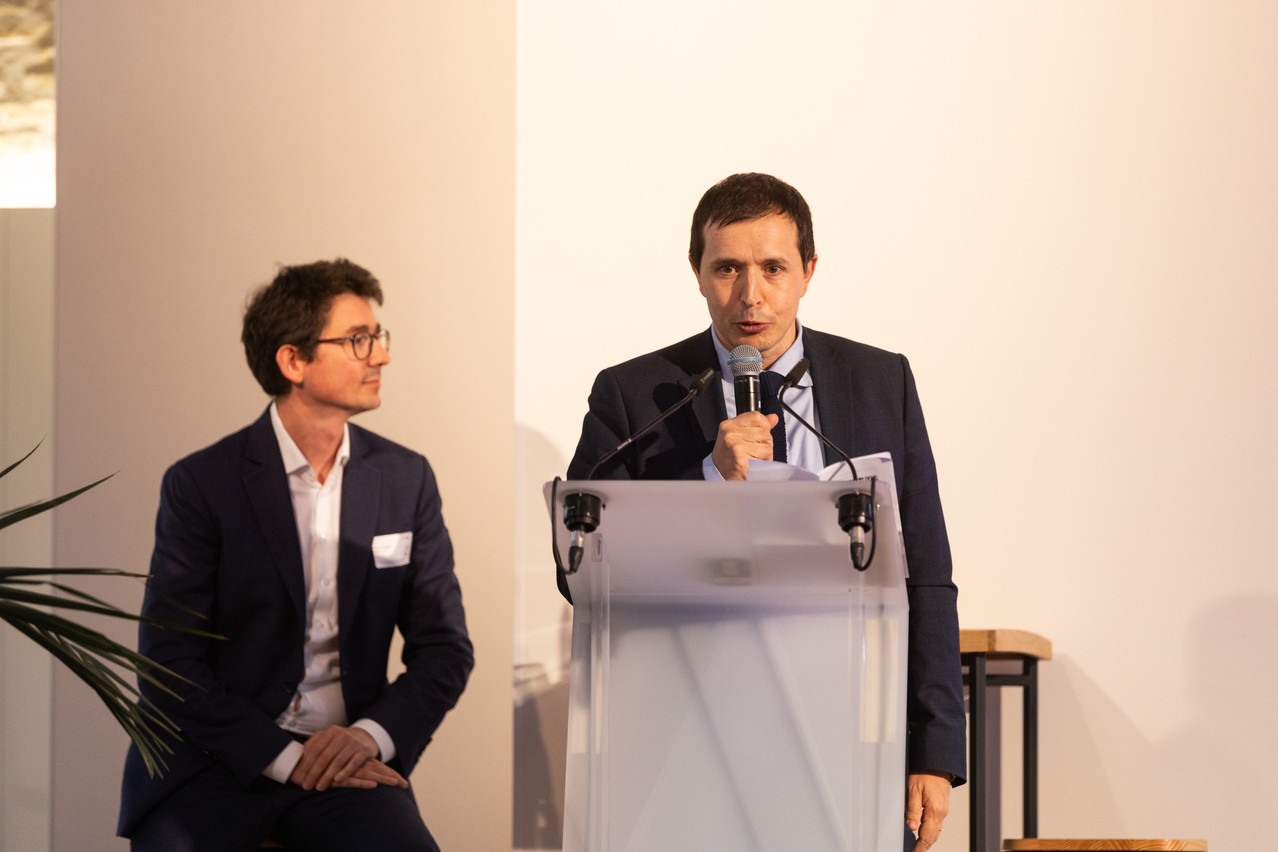One of the key objectives behind the founding of the Luxembourg Valuation Professionals Association (LVPA) was to help educate financial professionals, Rafaël Le Saux explained during the LVPA’s summit on 25 September 2024. Le Saux is a founder and board member of the association, and a director at PWC Luxembourg. It also aims to elevate the valuation profession and to enable Luxembourg to become a “global centre of excellence.”
The grand duchy has 265 alternative investment managers and more than 8,000 alternative investment funds, noted Le Saux. “Each one of these AIFMs is required to have an independent valuation function,” but it can be challenging to find qualified talent to carry out the valuation of these assets.
Let’s say you needed to have heart surgery, he said, offering an example. “Would you get it done by a paediatrician, by a psychologist or by a cardiologist?” Even though some of the required skills and training may be similar, having specific knowledge is important. In addition, in some countries, to perform valuations, a charter or licence is required, said Le Saux. This, however, is not the case in Luxembourg. “There is a tremendous value in a certification,” he argued, as it’s something that gives credibility to the people conducting valuations.
And it’s where the LVPA’s new valuation certificate comes into play.
Combines theory and practice
The LVPA discussed the development of their certification programme with other international valuation associations, explained Antoine Boggini, founder and board member of the LVPA and partner at BHB & Partners, during the valuation summit. Not only have the discussions helped put Luxembourg on the “valuation map,” but they’ve also provided insights into how other organisations set up their own certifications.
The Certified Valuation Professional (CVP) certification will feature a tailored curriculum based on international valuation standards as well as specific, local market practices, said Boggini, with courses given by both international and local trainers in partnership with the European Association of Certified Valuators and Analysts (EACVA). The certification will be composed of three modules--a business valuation module, a Luxembourg-specific module and an ethics module--and take place in person over a period of five days, 12-16 May 2025.
It combines theory and practice and covers topics such as qualitative and quantitative analysis, the cost of capital and other pricing models, multiples, regression analysis, scenario analysis and startup valuations, noted Boggini. An exam will be offered at the end of the programme, and the modules can also be credited towards other international valuation certificates.
